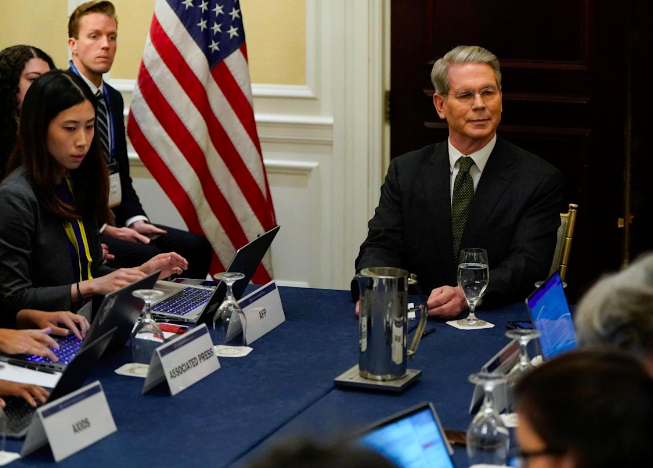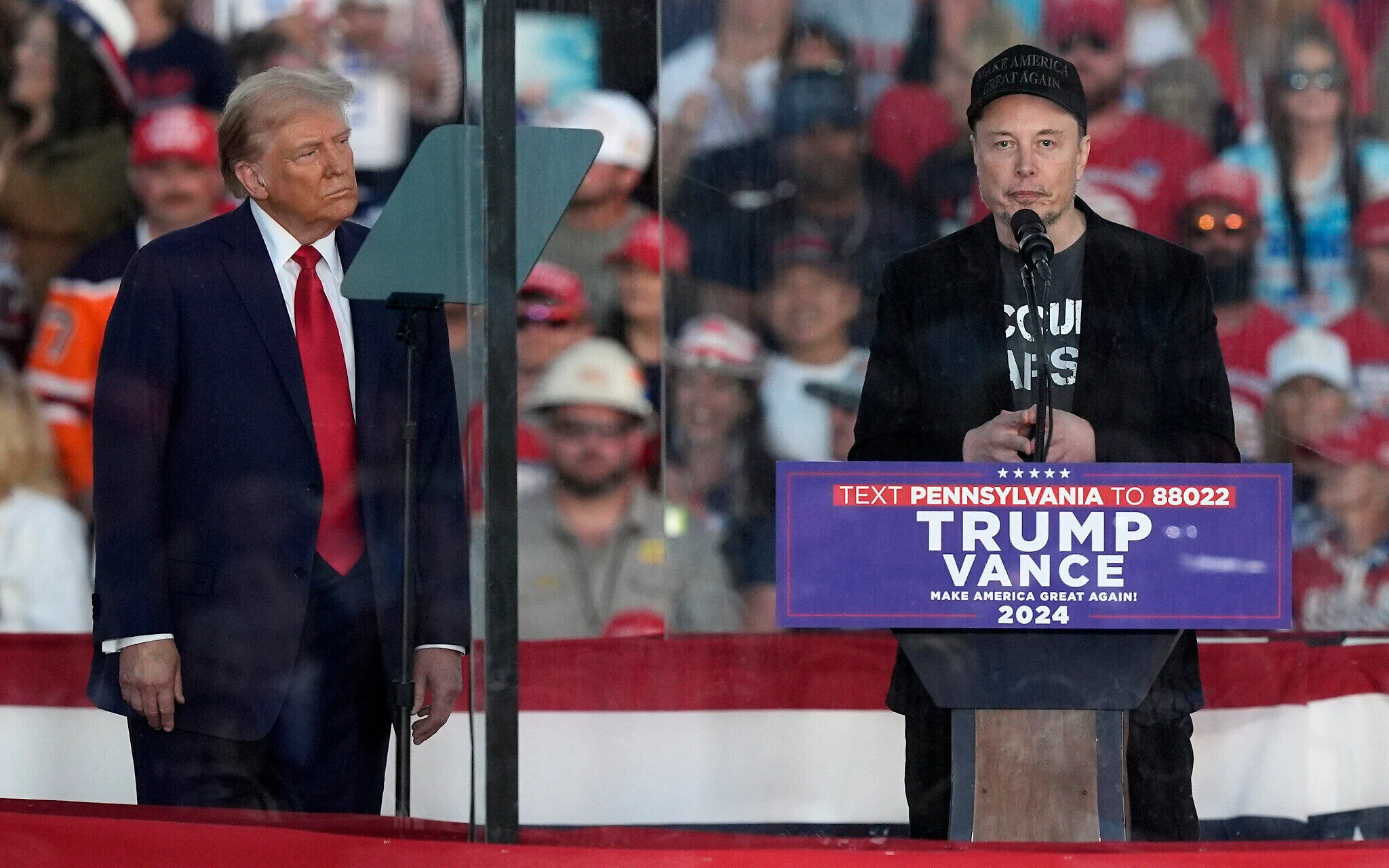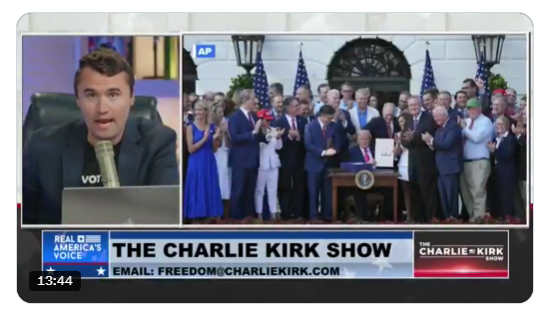India Expected To Be First To Make Deal Avoiding Trump Tariffs
As President Donald Trump intensifies his economic strategy to rebalance global trade, India is expected to emerge as the first major nation to strike a deal with the U.S. to avoid newly proposed tariffs. The development, which comes amid Trump’s broader push to counter unfair trade practices, signals a significant shift in Washington’s strategic engagement with Indo-Pacific allies, particularly as relations with China continue to sour.
India is likely to secure preferential treatment under Trump’s proposed tariff structure, according to reports, positioning New Delhi as a top-tier partner in future U.S. trade policy. Sources familiar with the matter told Off the Press and the New York Post that India is on track to become the first nation to finalize a bilateral trade agreement that would shield it from Trump’s sweeping tariff increases, aimed primarily at Chinese goods, including a 104% tariff on electric vehicles.
Jay Bessent, a key advisor to Trump’s trade transition team, confirmed on Tuesday that India is “very likely” to be the first nation to complete a deal under the Trump administration’s new economic plan. “India is positioned uniquely,” Bessent said, noting the country’s cooperative posture and alignment with American strategic interests. “They’re not trying to play games like China,” he added.
Under Trump’s America First trade doctrine, allies who show good faith and prioritize reciprocal trade relationships are being fast-tracked for economic partnerships. India’s demonstrated willingness to negotiate directly with Trump’s team underscores New Delhi’s recognition of the benefits of early compliance with the evolving U.S. trade agenda.
This expected breakthrough with India sharply contrasts with China’s standing in Washington. While India is engaging constructively, China continues to resist meaningful reforms and, in the eyes of many in Trump’s camp, has abused its trade relationship with the United States for decades. Trump’s team has made it clear that any country unwilling to meet U.S. standards on trade reciprocity and national security risks being sidelined indefinitely.
India’s strategic pivot toward the United States has been in the making for years. From defense partnerships to increased energy cooperation, New Delhi has moved steadily closer to Washington. Trump’s administration is poised to capitalize on this momentum by offering India a tariff exemption deal that rewards responsible trade behavior while punishing economic adversaries such as China.
The expected trade deal is being viewed by many conservatives as a validation of Trump’s hardline stance against economic freeloading. For decades, global institutions and past administrations enabled countries like China to exploit the American consumer, creating unfair trade imbalances that eroded U.S. manufacturing. Trump’s tariff-first policy has reversed this trend, and India’s potential agreement is the first real success in the second wave of his economic restructuring.
Unlike progressive-led trade policies that prioritized multilateral consensus at the expense of American workers, Trump’s approach is simple: treat America fairly or face the consequences. India, sensing both the opportunity and the risk, has chosen to work with Trump—not against him.
From a geopolitical standpoint, the move also further isolates China in Asia. While China’s leadership continues to reject Trump’s tariff proposals, India is seizing the chance to deepen its economic and security ties with the United States. Conservative analysts point out that this divide reinforces Trump’s broader Indo-Pacific strategy: reward reliable allies and contain revisionist powers.
The White House’s decision to prioritize India in trade talks also sends a strong signal to other nations weighing their next steps. Countries like Vietnam, Thailand, and Indonesia are closely watching India’s progress and may be next in line to seek deals to avoid tariffs—on the condition that they align with American interests and end practices that undercut U.S. industries.
Jay Bessent emphasized that the Trump administration is not interested in vague promises or bureaucratic delays. “This is about action,” he said. “Trump isn’t going to let countries like China slow-walk reforms anymore. India gets that.”
This sentiment aligns with broader conservative economic principles: bilateral deals that put the interests of American workers, manufacturers, and consumers first. India’s expected compliance represents a significant win for Trump’s trade policy and a model for how other nations can avoid punitive economic measures by cooperating directly with the United States.
Meanwhile, China’s exclusion from early negotiations serves as a reminder that the days of one-sided globalism are over. Trump’s camp has no intention of returning to the failed policies of the past that empowered economic adversaries while hollowing out American jobs.
India’s leadership, recognizing this shift, appears ready to act. Prime Minister Narendra Modi’s government has not confirmed the details publicly, but insiders suggest that talks are in the final stages and will emphasize cooperation in tech, defense, and agriculture. These sectors are central to both countries’ economic futures and are expected to benefit from reduced trade friction.
With the expected agreement between the United States and India nearing completion, Trump’s administration is sending a clear message: the road to economic partnership with America is open—but only to those willing to play by fair rules.
The move not only reinforces the Trump administration’s America First agenda but also strengthens the U.S.-India relationship at a time when global alignments are shifting. In doing so, it deals a blow to China’s regional ambitions and reasserts U.S. leadership in shaping the future of global trade.






